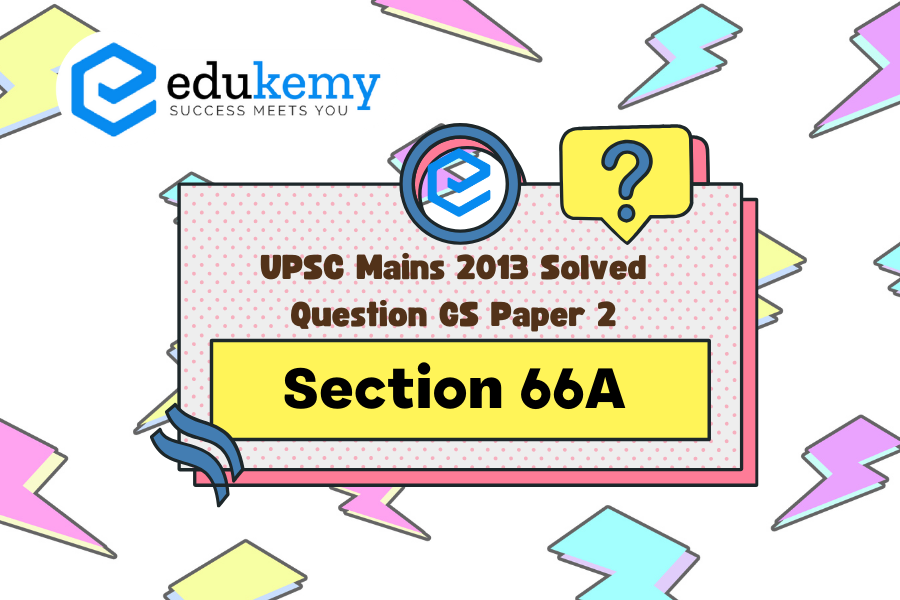Section 66A of the Information Technology Act, of 2000, sparked considerable controversy due to its alleged infringement upon Article 19 of the Indian Constitution, which guarantees the fundamental right to freedom of speech and expression. Enacted to curb online offenses, Section 66A made provisions for the punishment of individuals for posting “offensive” or “menacing” content on digital platforms. However, its broad and ambiguous language led to numerous instances of misuse and arbitrary arrests, prompting widespread criticism from civil rights activists and legal experts. Critics argue that the vague terminology of the law allowed for the suppression of dissent and stifled legitimate expression. Consequently, Section 66A was struck down by the Supreme Court of India in 2015, in the landmark Shreya Singhal v. Union of India case, as it was deemed unconstitutional and incompatible with the principles of free speech enshrined in Article 19.
Tag: Indian Constitution.
Contents
Decoding the Question:
- In Introduction, try to briefly write about the Section 66A of IT Act and Article 19 of the Constitution.
- In Body,
- Write various issues with Section 66A of IT Act and how it violates Article 19 of the Constitution.
- Also, mention a few suggestions to address this issue.
- In Conclusion, write the overall significance of Article 19.
Answer:
Article 19 of the Constitution of India declares that all citizens have the Right to Freedom of Speech and Expression. The Right to express one’s opinion irrespective of the platform, unless it is violative of the measures prescribed in the Constitution, is protected. Section 66A of the Information Technology Act, 2000, defines the punishment for sending offensive messages through a computer or any other communication device like a mobile phone or tablet and a conviction of this offense can fetch a maximum three years of jail and a fine.

Issues with Section 66A of IT Act and How it Violates Article 19:
- The terms for elaborating the grounds for holding the provision are vague and it is difficult for the law enforcement agency and the offender to know the ingredients of the offence.
- It violated Article 19 the Right to Freedom of Speech and Expression and outlawed all the political criticism on media platforms.
- Threat to public order, defamation, incitement to offence, contravening decency, and morality, committing Contempt of Court, etc, are listed in Article 19(2) as grounds to limit freedom.
- This is a potential tool in the hands of rulers to curtail the voice of opposition. It is fatal for the freedom of speech of netizens in general and the press in particular.
The Supreme Court, in the Shreya Singhal case (2015) struck down Section 66A of the Information and Technology Act, 2000, calling it Unconstitutional and an infringement on citizens’ Fundamental Right to know. The Court observed that Section 66A did not have any procedural safeguards.
In a democracy, free speech is believed to be the right to talk against all organs of the government. Without free speech, there is no freedom to find out the truth except when free speech is allowed. The government can consider the recommendation of T. K. Viswanathan Committee, to strengthen the legislation on online hate speech and protect freedom of speech.
In case you still have your doubts, contact us on 9811333901.
For UPSC Prelims Resources, Click here
For Daily Updates and Study Material:
Join our Telegram Channel – Edukemy for IAS
- 1. Learn through Videos – here
- 2. Be Exam Ready by Practicing Daily MCQs – here
- 3. Daily Newsletter – Get all your Current Affairs Covered – here
- 4. Mains Answer Writing Practice – here


